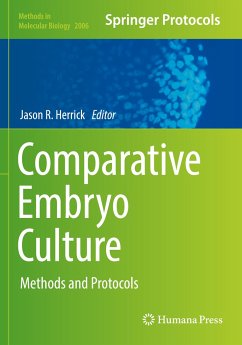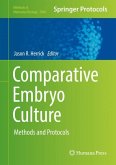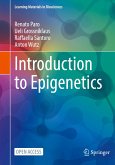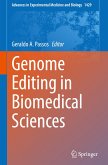This detailed volume contains embryo culture techniques that should inspire embryologists to consider comparative studies. The species included in this volume represent a broad range of taxa, whose embryos have vastly different culture requirements and developmental characteristics. Among the species described in this volume, significant differences exist in the rates of cell division, the timing of the maternal to embryonic transition, the relative lipid content of the cytoplasm, the sensitivity of the embryo to specific environmental ions, the preferred nutrients and associated metabolic pathways used by the embryo, the timing and mechanisms of early lineage specification, the presence or absence of embryonic diapause, and the time from fertilization to implantation. Written for the highly successful Methods in Molecular Biology series, chapters include introduction to their respective topics, lists of the necessary materials and reagents, step-by-step, readily reproducible protocols, and tips on troubleshooting and avoiding known pitfalls.
Authoritative and practical, Comparative Embryo Culture: Methods and Protocols serves as an ideal aid for scientists seeking another species whose embryos have evolved a unique mechanism that could provide a valuable, comparative context for experimentation.
Authoritative and practical, Comparative Embryo Culture: Methods and Protocols serves as an ideal aid for scientists seeking another species whose embryos have evolved a unique mechanism that could provide a valuable, comparative context for experimentation.








